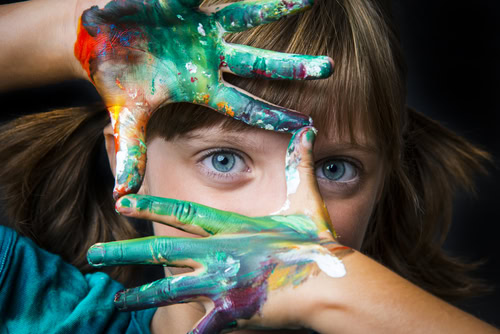Will I Lose My Creativity If I Go To Treatment?

For centuries, there has been a long and tumultuous relationship between mental illness and creativity. Sometimes described as a “mad genius” or the “suffering artist” notable individuals of historic importance have gained infamy for both their creations and their destruction. No further evidence need be made than the music industry where dozens of remarkably talented individuals have lost their lives to suicide, alcoholism, or drug addiction, cutting their landmark careers short.
There is a sort of dysfunctional romance which exists between the burden and the beauty for an artist or creator living with mental illness. Many find it to be their source of inspiration, their fuel, and their fire. Though they suffer and realize they are in need of help, they fear losing their creative selves to sobriety or recovery.
Most formal treatment programs today include creative therapies, formally regarded as expressive arts or art therapies. Anything from acting to painting to dancing to music has found a therapeutic application for the treatment of addiction and mental illness. With creative support being a critical part of recovery early on, there is no loss of connection with expressive abilities. Many men and women discover new sides to their creativity which was untouchable during their years of struggle. Others find a new direction, passion, or purpose for their creative talents, which may include therapeutic applications to help others. Creativity is wild, limitless, and left to the imagination for a reason. A simple change in lifestyle is not likely to inhibit your creativity or block your creative juices from flowing. Naturally, there are volumes of conflicting science which argue how your creativity functions. Typically, however, there is only one thing that can get in your way of letting your creativity flow: you.
You’re going to find a new freedom and a new happiness in your life, putting you in flow with the world in a way you’ve never known before. Addiction, alcoholism, and/or mental health change the way your brain works. If you’ve been addicted to substances, your brain has been chemically and structurally damaged. Through the early months of recovery, your brain takes time to heal. Creative expression is therapeutic for the brain, helping it to regrow and reprogram. Though it will take time, your creativity will always be there for you and will evolve as you do. Recovery- that is, the health and wellness you experience free from addiction- is always worth it.
Let the Intent Clinical take the guesswork out of putting a treatment plan together. Our combined personal and professional experience empowers us to empower you with a private consultation and customized plan of action for getting the help you need. Call us today for information: 617 910-3940

